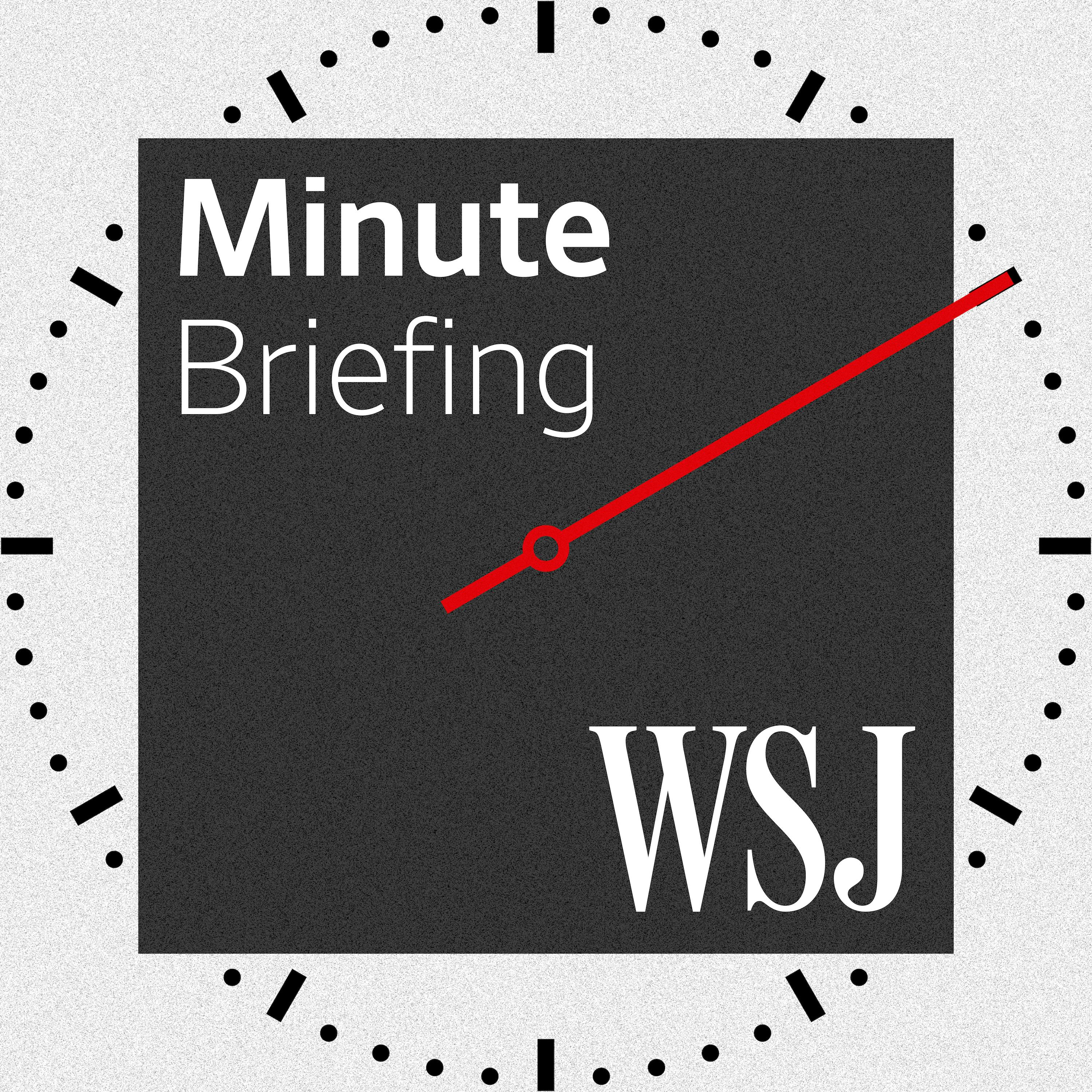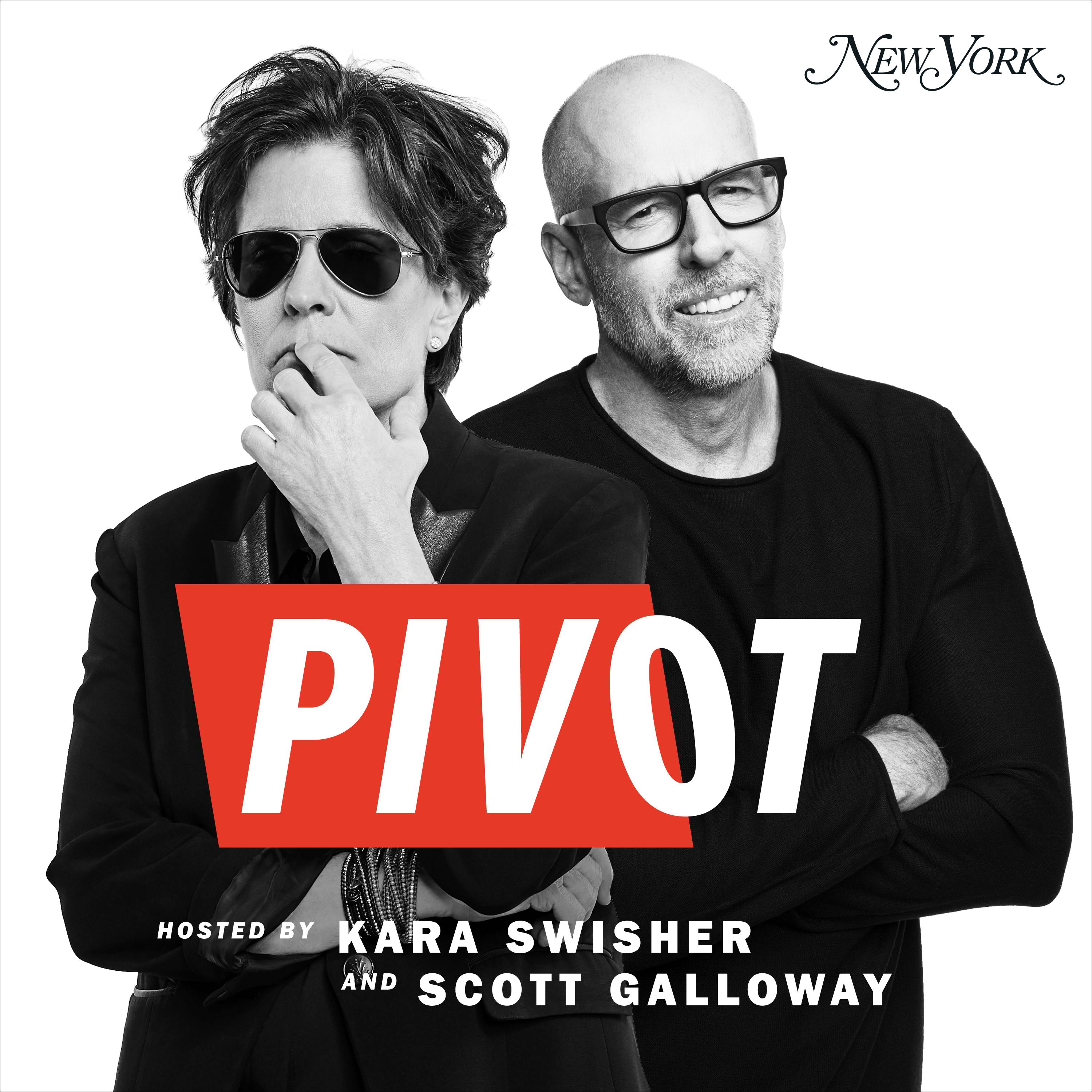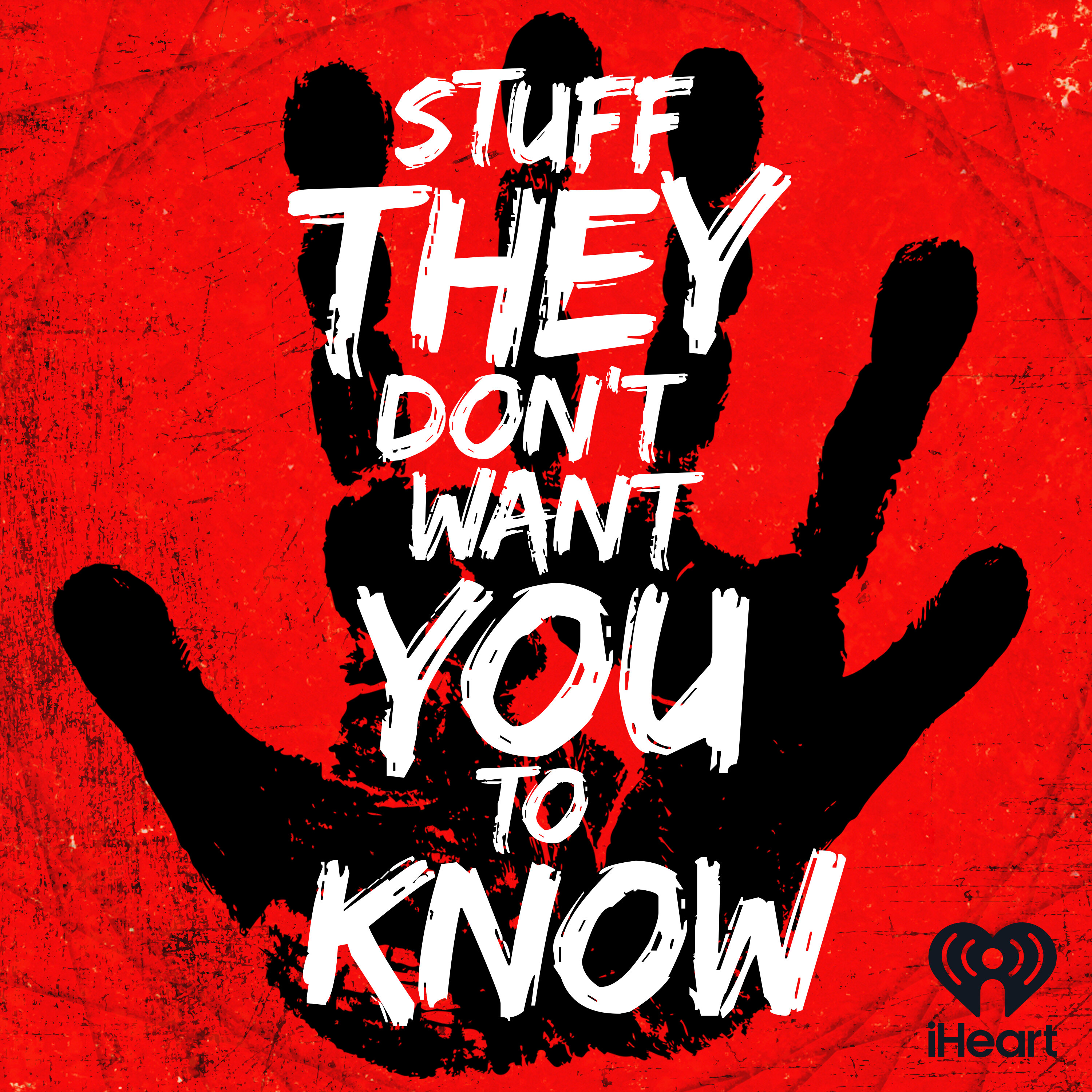
That's Life, I Swear
Every Wednesday, join Rick Barron as he unravels the intricate threads of life's most captivating stories. From heart-pounding political dramas to the awe-inspiring challenges of climate change, he explores the topics that shape our world and define our era.
But this isn't just another talk show. Rick delves deep into the human psyche, examining our beliefs, behaviors, and the obstacles we overcome. He celebrates our triumphs and embraces our imperfections, uncovering the profound lessons hidden in everyday experiences.
The episodes are a journey of self-discovery as he shares stories that mirror our collective identity. These tales aren't just entertaining – they're a reflection of who we are, who we were, and who we aspire to be. They carry the weight of our ancestral legacy, the fire of our dreams, and the depths of our pain.
With each episode, you'll confront your deepest anxieties about yourself, your place in the world, and the future that awaits us all. In understanding these complexities, you'll find inspiration, connection, and perhaps even transformation.
"That's Life, I Swear" isn't just a podcast – it's a weekly rendezvous with the extraordinary nature of ordinary life. Subscribe now, wherever you get your podcasts, and join Rick on this unforgettable exploration of the human experience. After all, that's life, I swear.
That's Life, I Swear
Humane’s AI Pin: From Hope to Flop
Text us your thoughts on the podcast
Good execution is about delivering well designed and non-buggy features or at least features with enough utility that people are willing to tolerate the bugs. The Humane AI Pin, wasn’t that product.
1. "Humane's Ai Pin Fail: Inside the Epic Flop of a Bold A.I. Device" [YouTube]
2. Humane [website]
3. Humane AI Pin review: not even close [The Verge]
4. Review: Humane Ai Pin [WIRED]
5. Humane AI Pin: Case Study in Poor Strategy and Poor Execution [Medium]
6. Inside Scoop: The $699 Humane AI Pin with OpenAI Integration [AUTOGPT]
Contact That's Life, I Swear
- Visit my website: https://www.thatslifeiswear.com
- Twitter at @RedPhantom
- Bluesky at @rickbarron.bsky.social
- Email us at https://www.thatslifeiswear.com/contact/
Episode Review
- Submit on Apple Podcast
- Submit on That's Life, I Swear website
Other topics?
- Do you have topics of interest you'd like to hear for future podcasts? Please email us
Listen to podcast audios
- Apple https://apple.co/3MAFxhb
- Spotify https://spoti.fi/3xCzww4
- My Website: https://bit.ly/39CE9MB
Other
- Music and/or Sound Effects are courtesy of Pixabay
Thank you for following the That's Life I Swear podcast!!
⏱️ 14 min read
With A.I.’s launch into the world in 2024, a number of A.I. startups hit the market with various gadgets.
One of those startups was Humane. Their gadget was the AI Pin – a bold, ambitious device that promised to free us from our smartphones but fell painfully short. What went wrong with this futuristic gadget with buggy experiences and poorly designed features?
Welcome to That's Life, I Swear. This podcast is about life's happenings in this world that conjure up such words as intriguing, frightening, life-changing, inspiring, and more. I'm Rick Barron your host.
That said, here's the rest of this story
The Ai Pin, Humane's highly anticipated AI-powered wearable, faced a harsh reception from tech critics just days after its launch. Despite a year-long marketing blitz featuring fashion shows and glossy advertisements, the $699 device failed to impress reviewers in April of 2024.
Anticipating the negative feedback, Humane's co-founders, Imran Chaudhri and Bethany Bongiorno, had prepared their team for disappointment. Their concerns were validated when critics criticized the product, with some calling it "completely dysfunctional" and others deeming it the "most disappointing gadget" they had ever evaluated.
After this backlash, Humane began exploring potential exit strategies. Sources familiar with the matter revealed that the company initiated discussions with HP, the well-known computer manufacturer, about a possible acquisition valued at over $1 billion. While other interested parties have emerged, these talks remain informal, and no official sales process has taken place.
To navigate this troubling period, Humane enlisted the services of Tidal Partners, an investment bank. According to insiders close to the situation, the firm is assisting with the acquisition discussions and a new funding round that could potentially value Humane at $1.1 billion.
Humane's stumble marked a setback in the booming AI hardware sector. The San Francisco-based startup, backed by $240 million from tech leaders like OpenAI's Sam Altman and Salesforce's Marc Benioff, had been valued at a staggering $1 billion. Investors were captivated by Humane's audacious vision and potential to revolutionize mobile technology.
In late 2023, Humane's Ai Pin garnered significant attention, earning a spot-on Time magazine's prestigious "Best Inventions of 2023" list. A high-profile product followed this recognition in November of 2023, with a commercial campaign designed to generate buzz and consumer interest.
The new year brought challenges for the startup. January of 2024, saw a reduction in workforce, with approximately 10 employees being laid off. In February of 2024, a controversy arose when a senior software engineer was terminated after expressing doubts about the Ai Pin's readiness for its scheduled April launch.
This incident sparked internal discussions, with Imran Chaudhri reportedly addressing the matter in a company meeting. According to attendees, Chaudhri stated that the employee's dismissal was due to violating company policy regarding negative discourse about Humane.
After half a decade of development aimed at creating a smartphone alternative, Humane's grand plans hit a major snag. In April of 2024, the company's sales figures for the Ai Pin fell drastically short of expectations. Sources close to the matter revealed that only about 10,000 units had been ordered, a mere tenth of the company's 100,000-unit target for the year.
The rapid evolution of generative AI has led to missteps across the tech industry as companies rushed to market with products that often fall short of expectations. This trend is exemplified by recent launches from industry giants like Google, Microsoft, and Samsung, each facing their own challenges in AI implementation.
· Google's entry into AI-enhanced search capabilities resulted in some bizarre recommendations, including suggesting inedible objects as food
· Microsoft's much-hyped Bing chatbot drew criticism for its tendency to produce fantastical, inaccurate responses
· Samsung's integration of AI features into their smartphones received mixed reviews, with users finding the technology inconsistent in its performance
Bethany Bongiorno reflected on the inherent unpredictability of product launches, stating, "The real-world application often reveals unexpected issues that weren't apparent during development." Chaudhri added that in light of the critical feedback, they identified areas where their approach could have been refined.
This situation highlights the complex nature of bringing emerging technologies to market, where the gap between controlled testing environments and real-world usage can lead to unforeseen complications. As the AI hardware race continues, companies like Humane learned and still learning valuable lessons about managing expectations and refining their products in response to user experiences.
An in-depth investigation into Humane's journey revealed a complex narrative behind the scenes of the AI startup. This account draws from extensive conversations with 23 individuals closely associated with the company, including current and former staff members, advisors, and investors. These sources, speaking on condition of anonymity due to non-disclosure agreements and concerns about potential backlash, provided unique insights into the company's internal dynamics.
A recurring theme emerged from these discussions, depicting a corporate culture prioritizing optimism over critical analysis. Many interviewees suggested that this positive-centric approach led to the dismissal of crucial feedback regarding the Ai Pin's performance issues, particularly its battery life and power consumption. In a notable incident, a high-ranking software engineer was reportedly released after voicing concerns about the product. This environment allegedly prompted several employees to voluntarily leave the company, citing frustration with the leadership's approach.
Chaudhri and Bethany Bongiorno, both Apple alumni, started on an ambitious venture with the founding of Humane back in 2019. Their vision? A revolutionary wearable device that would redefine our interaction with AI. The result was the Ai Pin, a compact gadget designed to be magnetically attached to clothing.
This innovative device promised a range of AI-powered capabilities, including messaging, web searches, and photography. One of its most distinctive features was a laser projection system that could display text on the user's palm, allowing for unique interactions like music playback control. The Ai Pin also boasted a camera, speaker, and cellular connectivity, aiming to be a comprehensive personal assistant.
However, the road from concept to reality was swamped with challenges. Insiders revealed that the Ai Pin struggled with significant technical hurdles from its inception - issues that would later become the focus of critical reviews.
A primary concern was the laser display system. This feature, while innovative, was a power-hungry component that caused the device to generate excessive heat. Humane's team reportedly resorted to unconventional methods to showcase the product to potential investors and partners. Sources claim executives would cool the device on ice packs before demonstrations to extend its operational time. However, some argue this practice is not uncommon in early-stage product development.
The development journey of Humane's Ai Pin was marked by a series of technical hurdles that significantly impacted its launch timeline and pricing strategy. One of the most pressing issues was the device's limited battery capacity, which became apparent during internal testing.
According to sources within the company, prototype units of the Ai Pin struggled to maintain power for extended periods, often depleting within just a few hours of use. This shortcoming posed a significant challenge to the device's practicality and user experience.
In response to this battery life issue, Humane's leadership decided to include an additional power solution with each unit. This took the form of a backup battery and a dedicated charging case. While this add-on was intended to address the power concerns, it came at a cost - both literally and figuratively. Including these extra components reportedly drove up the product's retail price by over $100, a substantial increase that could impact consumer adoption.
These technical challenges and subsequent design modifications had a ripple effect on Humane's launch schedule. The company was compelled to delay the Ai Pin's release by approximately six months, pushing the shipping date from the initially planned October of 2024 to April of 2025.
With all of these developments, there was growing concern within the company about the product's readiness for market. Some team members advocated for further launch postponement, arguing that the Ai Pin still required refinement. Additionally, there were internal calls for hiring a dedicated head of marketing to manage the product's introduction to the public. However, this crucial position remained unfilled in the lead-up to the release, potentially impacting the effectiveness of the product's market entry strategy.
As the April product launch approached, Humane's founders engaged with various tech reviewers who were evaluating the Ai Pin. During these interactions, they fielded questions and addressed concerns raised by the testers. Key issues during these evaluations included the device's temperature management and inaccurate responses to user queries.
On April 11, the tech world was abuzz with releasing highly anticipated reviews for Humane's Ai Pin. Major publications like The New York Times, The Wall Street Journal, and The Verge didn't pull any punches, highlighting significant flaws in the device. The criticism reached a crescendo when Marques Brownlee, a YouTube tech reviewer with a massive following of 19 million subscribers, delivered a scathing verdict, dubbing it "The Worst Product I've Ever Reviewed ... for Now."
In the wake of this harsh feedback, Humane's leadership took a proactive stance. Bethany Bongiorno recounted their approach: "We gathered the team and said, 'This is going to be challenging, but we need to embrace this difficult feedback and learn from it.'"
Bongiorno and her co-founder, Imran Chaudhri, emphasized that Humane has been diligently addressing the issues raised. They've implemented several key improvements to enhance user experience, including expanded voice navigation options and sound effects for better usability. The company also integrated OpenAI's latest chatbot system, GPT-4o, and is rolling out an update to boost battery life by 25% while reducing response time to just two seconds.
Despite the initial setbacks, Humane reports encouraging interest from the business sector. According to Bongiorno, within 48 hours of the launch, over 1,000 companies spanning industries like retail, healthcare, and education reached out to explore potential collaborations or to develop software for the Ai Pin.
Furthermore, Humane has made strides in international markets, securing wireless carrier deals that will bring the Ai Pin to South Korea and Japan.
It was later after the launch that Humane faced yet another unforeseen challenge. The company discovered a potential safety hazard related to battery components one vendor supplied. This led to a swift response, with Humane issuing a directive to customers to cease using their charging case accessories while the company worked diligently to secure a new, reliable supplier.
Despite these hurdles, insiders reveal that Humane's financial position was stable enough to support the launch of their device. However, the company is actively exploring additional funding avenues to fuel future growth and innovation.
Reflecting on their current situation and future aspirations, Bethany expressed a clear vision: "Our focus remains on creation and development." Chaudhri complemented this sentiment, adding, "We're exploring the most effective ways to finance our ongoing innovation."
What can we learn from this story? What's the takeaway?
Good execution is about delivering well designed and non-buggy features or at least features with enough utility that people are willing to tolerate the bugs. The Humane AI Pin had a surprising number of buggy experiences and poorly designed features for a product that didn’t even do that much in the first place.
Humane provided a great example of how a lack of a polished strategy and execution can impact product outcomes.
Well, there you go, my friends; that's life, I swear
For further information regarding the material covered in this episode, I invite you to visit my website, which you can find on Apple Podcasts/iTunes for show notes and the episode transcript.
As always, I thank you for the privilege of you listening and your interest.
Be sure to subscribe here or wherever you get your podcast so you don't miss an episode. See you soon.























